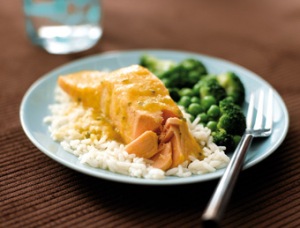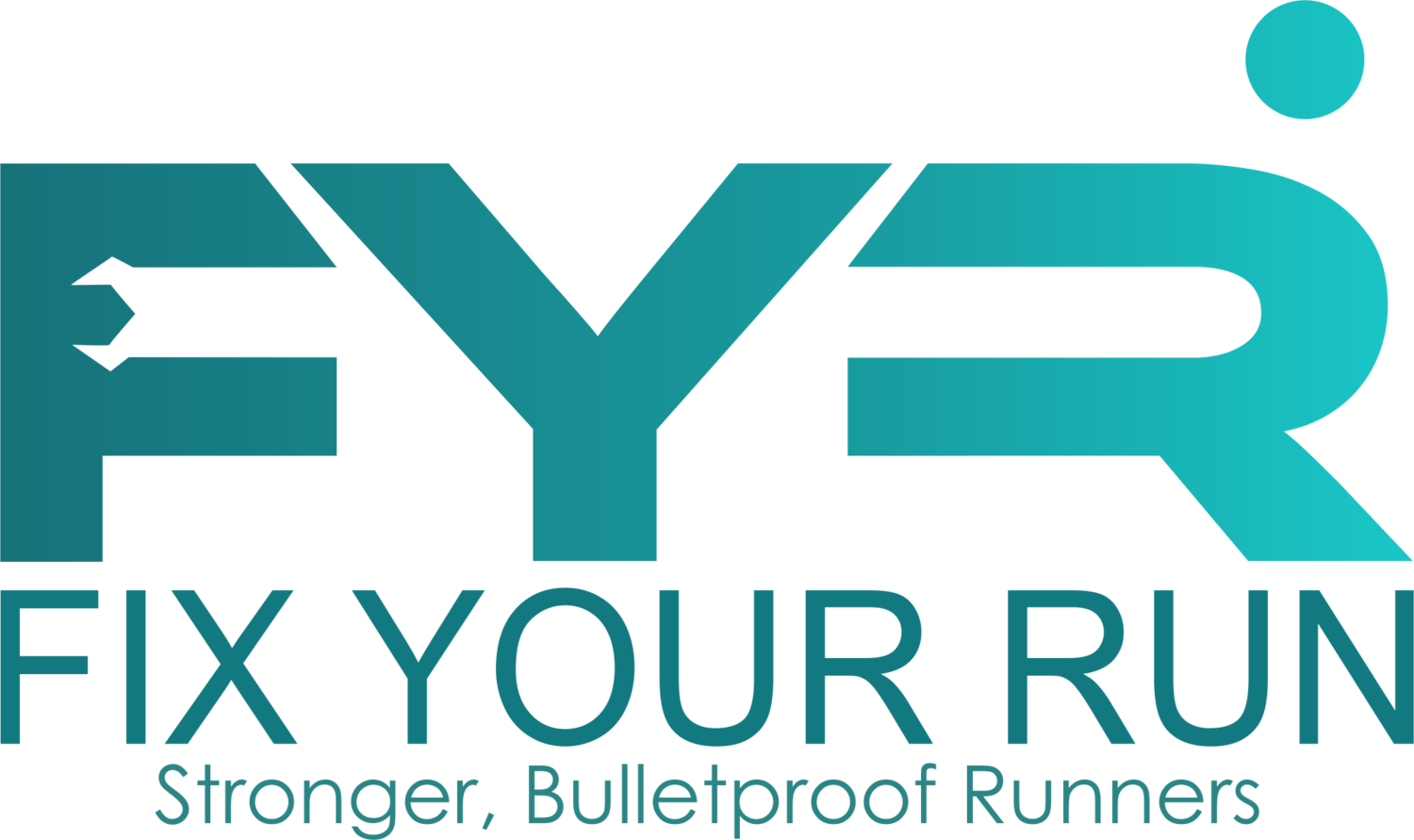It can be nerve wracking, those last few days before a big race. What should I eat? What should I drink? Should I rest? Should I run? Short and fast? Long and easy? Do I need more sleep than usual? And what about breakfast on the day of the race?? I'm going to address many of those dietary related questions with this post. And if I don't answer your particular question, please ask in the comments section below so that others might benefit from my answer.
I'm not going to get into an involved discussion about daily nutrition habits here; rather take a look at what you'll want to focus on as your race approaches.
So what should you differently? Not much.
Think about the long runs you've had. What and when did you eat and drink beforehand? And how about the night before? Assuming you felt good on your run, why not eat and drink the same thing?
I'm not a fan of changing nutrition habits just because you have a race. If you've been training, you've probably figured out what works by now. Otherwise you're still suffering from cramps, premature fatigue, heavy legs, and I'm sure you're pretty frustrated by now!
But in case you're still confused, here's what you should be doing.
First, starting now, begin hydrating with water. Plain water. Definitely do not drink your calories throughout the day- it's a habit that leads to more body fat. I recommend  keeping a water bottle near you at all times and drinking according to your thirst. I think what you'll find is that you end up drinking more than you usually do because it's available. Some of us are guilty of ignoring our thirst and, while we might be hydrated enough, we aren't hydrated optimally. There's a difference. Yes, you'll have to use the bathroom a little more. Be OK with that.
keeping a water bottle near you at all times and drinking according to your thirst. I think what you'll find is that you end up drinking more than you usually do because it's available. Some of us are guilty of ignoring our thirst and, while we might be hydrated enough, we aren't hydrated optimally. There's a difference. Yes, you'll have to use the bathroom a little more. Be OK with that.
The effect of good hydration levels goes beyond the scope of this post, but trust me, you're body will function much better at the cellular level. That's a good thing ;-)
Next, focus on eating foods that are familiar. Like I said before, now is not the time to change things up. The night before the race you do NOT want to eat a larger-than-normal meal, nor do you need to “carb up” by eating 3 servings of pasta. The old school carbo-loading ritual is unnecessary for a 10 mile race. Absolutely stay away from rich, fatty foods as they will leave you feeling sluggish.
 Strive for a fairly balanced meal that has lean protein, healthy carbs (vegetables and whole unprocessed grains), with some healthy fat like avocado or olive oil. Personally, I like to have a piece of baked salmon, some sauteed spinach and quinoa (a whole, intact grain). Simple, burns clean and digests well.
Strive for a fairly balanced meal that has lean protein, healthy carbs (vegetables and whole unprocessed grains), with some healthy fat like avocado or olive oil. Personally, I like to have a piece of baked salmon, some sauteed spinach and quinoa (a whole, intact grain). Simple, burns clean and digests well.
The morning of...
To figure out when and how much to eat I like to count backwards from race start time until you wake up. The Broad Street Run starts at 8:30am.
When and how much also depends on quite a few factors. Your wake-up time, your nerves, the amount time it will take to finish, and personal food preferences and tolerances all play a role. So rather than write out a million different scenarios, let me give you 2 choices.
For the vast majority of you, I will recommend eating 2.5 to 3 hours before the race. I'd start by drinking 8-12oz of water, then go for some easily digestible carbs with smaller amounts of fat and protein. I'd go for a low fiber english muffin with almond butter and ½ a banana. Then I'll chase it down with more water!
If you miss that window, you've got two options: either eat a smaller version up to 2 hours pre-race or don't eat and go to Plan B.
 Plan B is what I tend to do if I wake up close to the start of a race. When I race all-out I prefer not to have much in my stomach, but I still want to perform my best. I'll hydrate with water until 45 minutes pre-race. Then with about 10-15 minutes before the gun, I'll have a gel pack like GU. This spikes my blood sugar so that it's available for my muscles. Before my body starts pumping out the blood sugar lowering hormone insulin, the race will have started and insulin won't be a factor.
Plan B is what I tend to do if I wake up close to the start of a race. When I race all-out I prefer not to have much in my stomach, but I still want to perform my best. I'll hydrate with water until 45 minutes pre-race. Then with about 10-15 minutes before the gun, I'll have a gel pack like GU. This spikes my blood sugar so that it's available for my muscles. Before my body starts pumping out the blood sugar lowering hormone insulin, the race will have started and insulin won't be a factor.
Here's a mistake I see ALL THE TIME.
One thing you'll want to avoid is sipping on sports drink 15-60 minutes prior to racing. You do NOT want to spike your blood sugar during this time. Why? Because your body will then respond by pumping out insulin. Insulin is your worst enemy when it comes to endurance performance because it makes you burn through your preferred fuel source (carbs) more quickly. If you race longer than 90 minutes this is a major concern. This means you will feel like you're running on empty because you are - in a sense.
You'll have burned through most of your carb stores quickly and now be increasingly relying on fat as your primary fuel source. Fat burns slowly ...think walking!
Finally, during the race you'll want to drink according to your thirst. Drink whatever you prefer: water or sports drink. No need to drink excessively, just listen to your thirst. You've been practicing daily, remember?
To wrap up, ideally you'll just stick to what's already been working for you. But if you have additional questions about any of this, please leave them in the comments section below.
